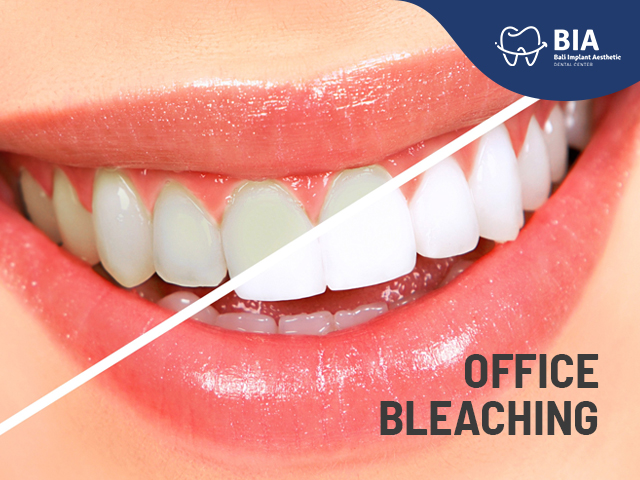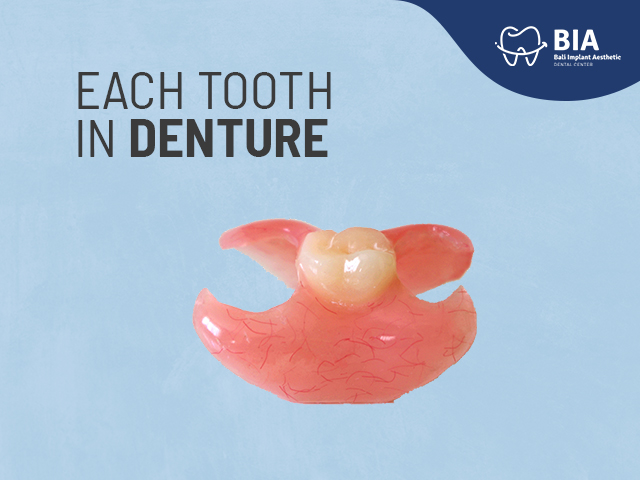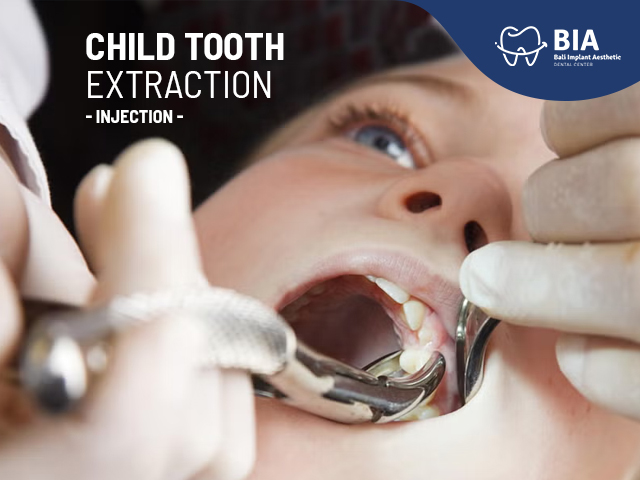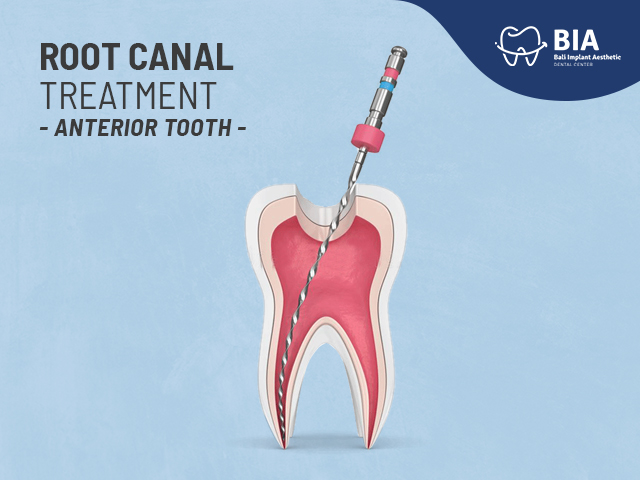What you should know and do if you experience pain in your molars
Article | 2022-10-18 10:47:08
Home » Articles » What you should know and do if you experience pain in your molars
What
you should know and do if you experience pain in your molars
Recognizing
the Parts of the Teeth
Maybe all this time you only
know the white part of the tooth that appears from the outside, but in more
detail, the tooth consists of several layers or parts. The following are the
parts of the teeth according to their function:
Enamel
Enamel is the outermost part
of the teeth and is the hardest and whitest. Enamel is formed from calcium and
phosphate which plays a role in protecting vital tissues inside the teeth.
Dentin
The dentin layer is between
the enamel layers. When the enamel is damaged, hot or cold temperatures can
enter the teeth, causing tooth sensitivity or pain.
Pulp
The pulp is the softer part
of the tooth anatomy. The pulp is found in the center and core of your tooth
which contains blood vessels, nerves, and other soft tissues. This section is
useful for providing nutrition and conveying signals to the tooth such as
feeling pain when the dentin becomes inflamed.
About
Molars
You have different molars
when you are growing up. The molars you get around ages 6 and 12 are known as
your first and second molars. Third molars are wisdom teeth, which you will get
between the ages of 17 and 30. Molar pain can range from dull to sharp. You can
have a molar pain in one place or all over your mouth. Sometimes, you need to
see a doctor or dentist to treat the cause of this pain. You can prevent molar
pain by practicing good dental hygiene and visiting your dentist regularly for
checkups.
Molar
Pain Symptoms
Molar pain can include pain
isolated to one molar or pain surrounding one or more of your molars. Symptoms
of molar pain depend on the cause but can include:
·
Fever
·
Headache
·
Pain
near your ear
·
Pain
when chewing
·
Sensitivity
to cold and hot food and drinks
·
Sharp
pain
·
sinus
pressure
·
Swelling
or bleeding gums
·
Tenderness
near your jaw
·
Throbbing
in your jaw
·
Tight
jaw muscles
·
Pain
that gets worse at night
Causes
of Molar Toothache
Molar pain may be related to
your teeth or it can be caused by conditions unrelated to your teeth. Some of
these causes are interrelated while others are more isolated. Sensitivity to
cold and heat is also one of the causes of molar tooth pain. It occurs when
your tooth enamel wears away and the deeper layers of the teeth that contain
nerves become exposed to food and drink. This type of sensitivity can be caused
by tooth decay, broken teeth, old fillings, and even gum disease.
Cavities, also known as tooth
decay, can occur in your molars due to poor dental hygiene. Some people are
also more prone to cavities. You may feel a sharp or throbbing pain in the
molars that have cavities. Pulpitis is the result of inflammation inside your
teeth caused by cavities. This inflammation can lead to a bacterial infection
and needs to be treated before it permanently damages your teeth or mouth.
Root
Canal Treatment (Molar Tooth) As The Solution
Root canal treatment is only
needed when a dental X-ray shows that the pulp has been damaged by a bacterial
infection. The pulp will start to die if it is infected by bacteria, so the
bacteria will continue to multiply and spread. Symptoms of a pulp infection
include:
• Pain when eating or
drinking hot or cold
• Pain when biting or chewing
• Loose teeth
• As the infection
progresses, these symptoms disappear when the pulp dies.
Your tooth then appears to
have healed, but the infection has actually spread through the root canal
system. You end up getting further symptoms like:
• Pain when biting or chewing
again.
• Swollen gums near the
aching tooth
• Pus flows from the aching
tooth
• Facial swelling
• Tooth color becomes darker
It is important to see a
dentist if you have a toothache. If your tooth becomes infected, the pulp will
not heal on its own. Leaving an infected tooth in your mouth can make things
worse. Antibiotics, drugs to treat bacterial infections, are not effective in
treating root canal infections, if the root canal infection is not removed and
treated.
Click the following link to
find out about Root Canal Treatment:
https://biadentalcenter.com/articles/en/160/root-canal-treatment,-does-it-hurt




